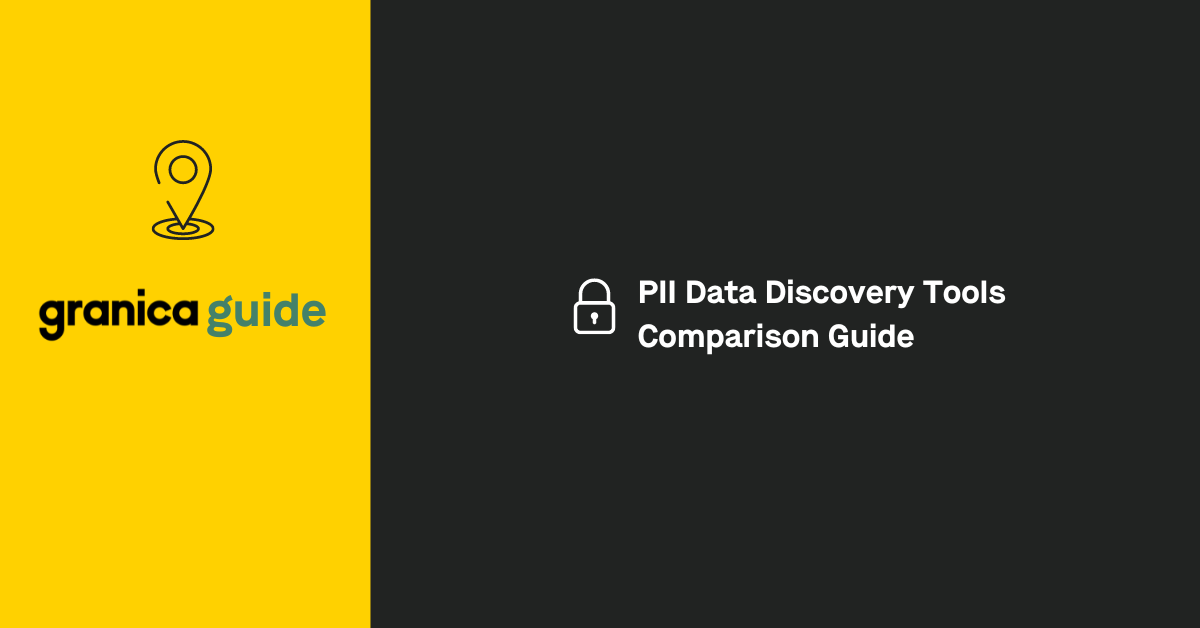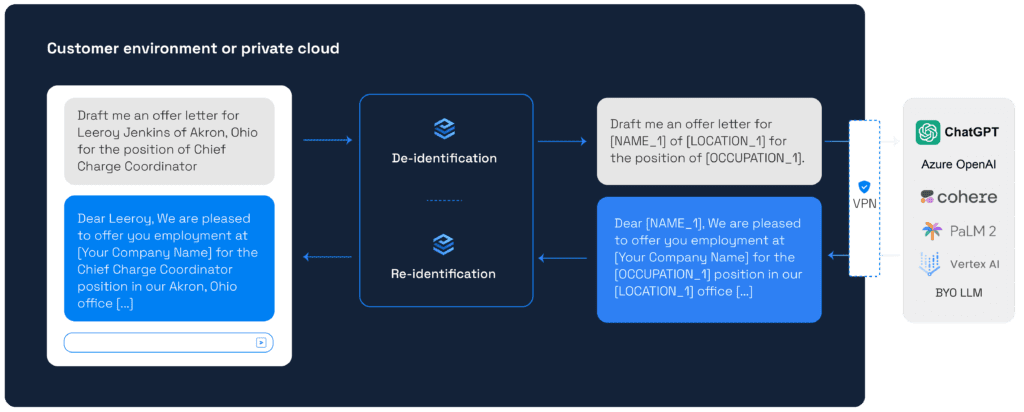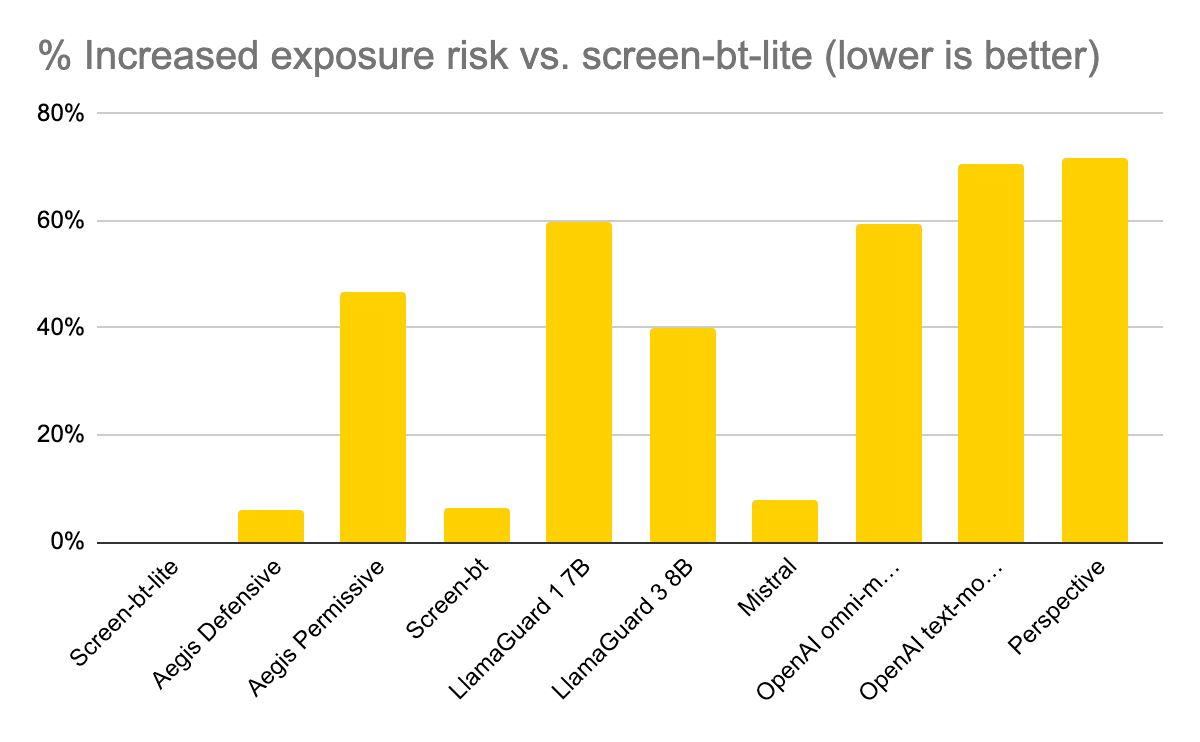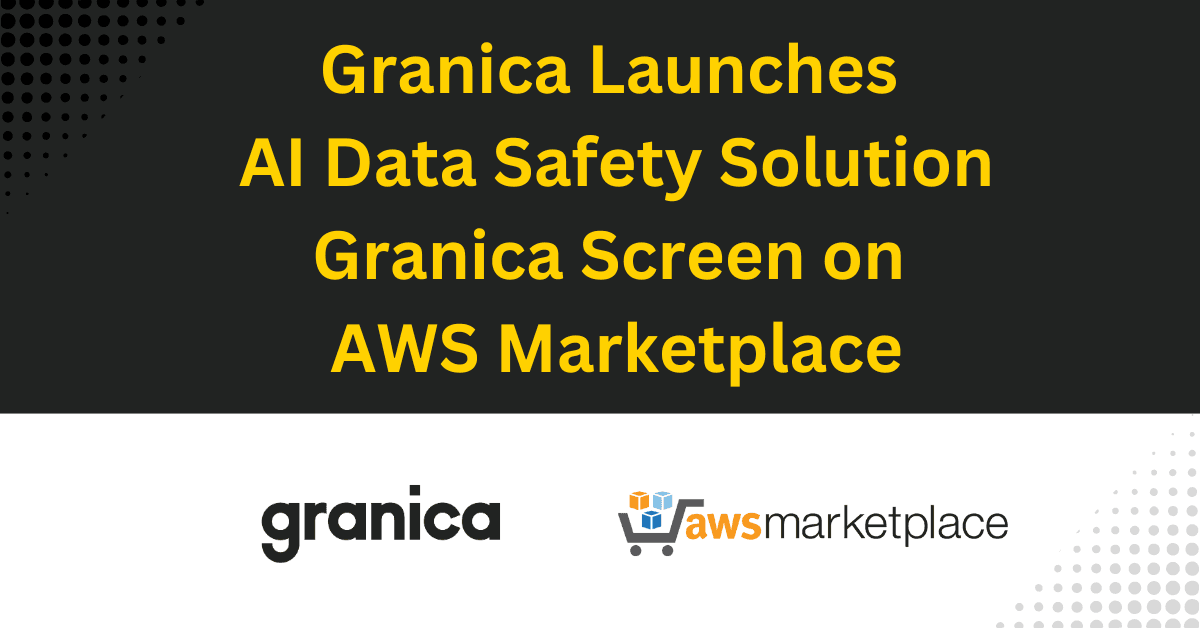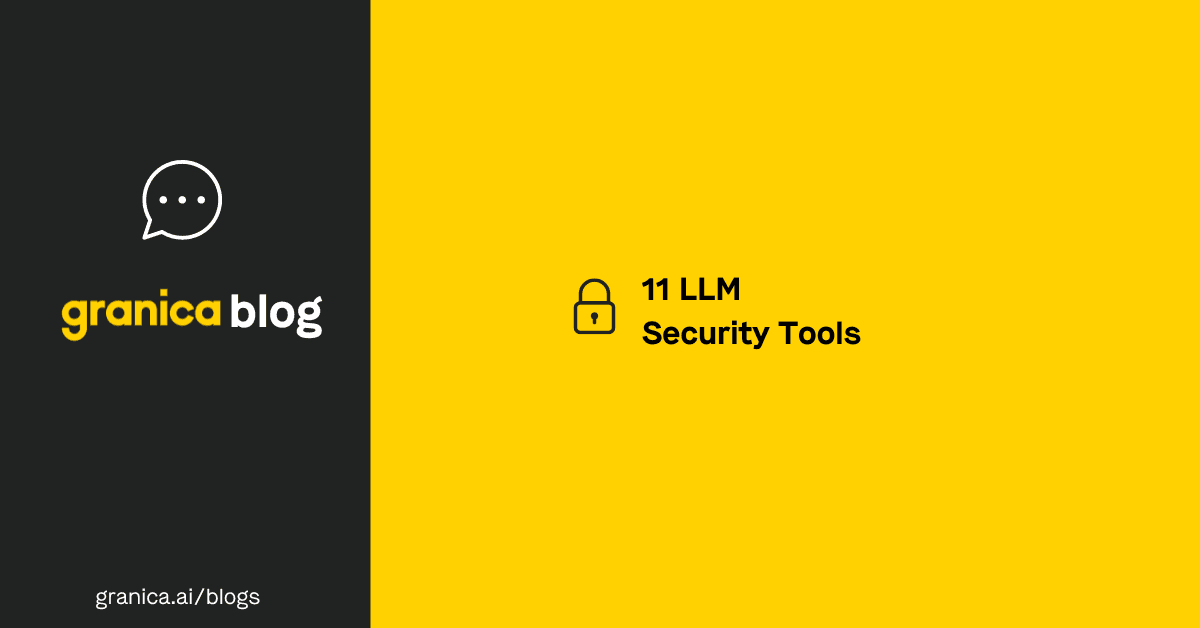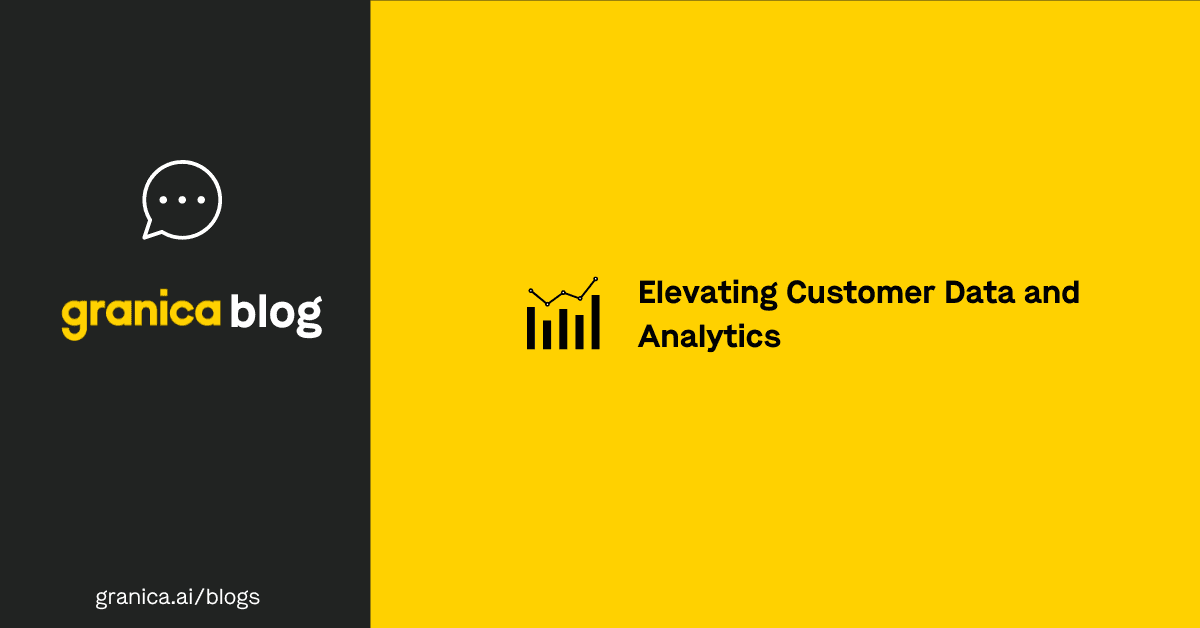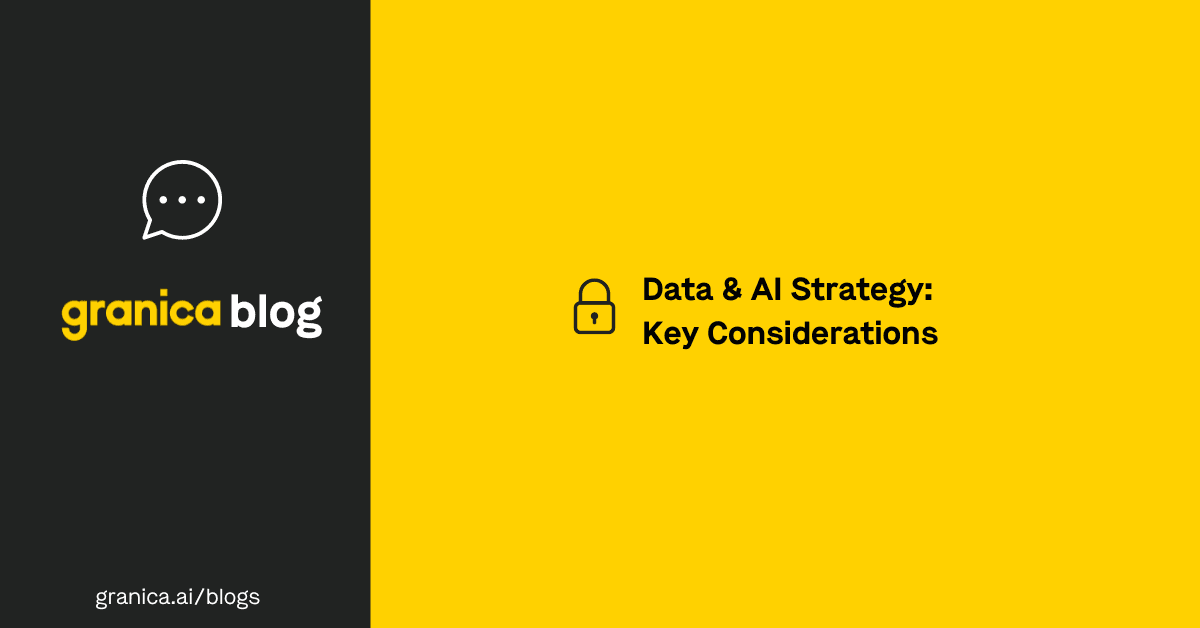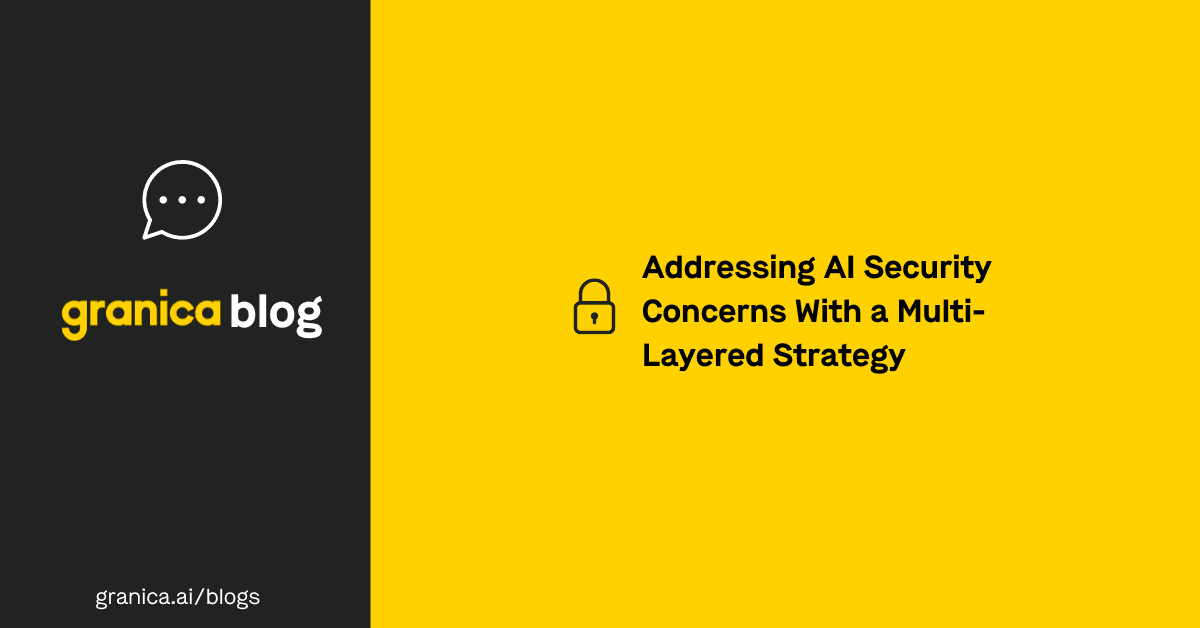Generative AI (a.k.a., genAI), data science and machine learning (DSML) platforms, and other artificial intelligence technologies are transforming business operations across every industry, but they’re also causing a significant increase in data privacy risks. AI ingests massive amounts of training data that could contain personally identifiable information (PII) like full names, home addresses, and ages.
In addition, end-users may inadvertently include confidential or sensitive information when they prompt large language models (LLMs). This makes artificial intelligence an attractive target for cyber attackers, with a recent report from HiddenLayer finding that 77% of companies identified breaches to their AI in 2023. Despite the number of reported breaches of ostensibly crucial operations, only 14% of companies prioritize planning for such attacks.
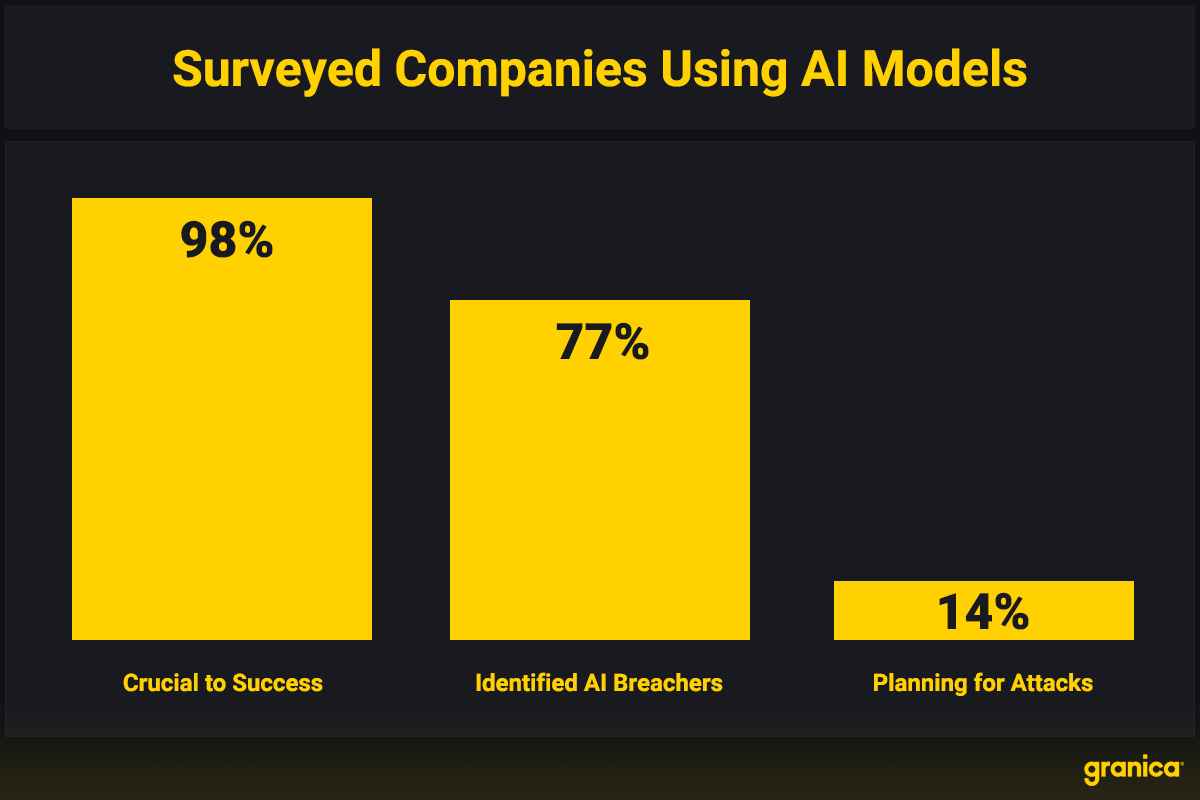
Source: HiddenLayer’s 2024 AI Threat Landscape Report
Companies that expose PII in AI data breaches face steep regulatory penalties, potential reputational damage, and lost business. As a proactive measure, PII data discovery tools enable organizations to automatically identify, classify, and protect sensitive information in AI training datasets and end-user prompts. Below, we discuss the core capabilities included in PII data discovery solutions before comparing the top tools for 2024.
What do PII data discovery tools do?
While each solution offers unique capabilities to solve various AI data privacy challenges, at its core, a PII data discovery tool provides named entity recognition (NER). Named entities are specific types of PII, such as phone numbers, addresses, and dates of birth, that must be detected within AI training data and LLM inputs.
Since so many companies operate globally, these tools must be able to recognize named entities in multiple languages. PII data discovery tools must also align with any applicable privacy regulations, which include:
- GDPR - The General Data Protection Regulation, which applies to all companies conducting business in the European Union (EU) and the European Economic Area.
- CCPA - The California Consumer Privacy Act, which applies to companies doing business in California.
- CPRA - The California Privacy Rights Act of 2020, which builds upon the CCPA for California businesses and consumers.
- HIPAA Safe Harbor Law - An amendment to the Health Insurance Portability and Accountability Act outlining penalties for failing to protect health data privacy for US residents.
- EU AI Act - The first data privacy regulation specifically targeting AI, which applies to companies conducting business in the EU and European Economic Area.
The use cases for improving AI data privacy with PII data discovery tools include:
- Identifying and redacting sensitive information from LLM training data stores. LLMs trained on large datasets can inadvertently learn and reproduce or leak sensitive information, making identification and redaction crucial to AI data privacy.
- Masking PII and other sensitive information with realistic synthetic data to improve both accuracy and privacy when training and fine-tuning LLMs. Using synthetic - realistic but fake - data is an effective strategy to train LLMs and increase their accuracy through additional context without the risk of exposing real, sensitive data. This approach allows organizations to develop and enhance LLM capabilities while safeguarding privacy.
- Monitoring and protecting sensitive data in LLM prompt inputs. Given that LLMs continuously learn even from user- and application-generated prompts, it’s vital to monitor all input prompts to ensure they don’t inadvertently contain sensitive data, maintaining ongoing compliance and security.
- Monitoring and protecting against leakage of pre-existing PII in LLMs. An LLM might already contain or generate sensitive information based on pre-training data. Continuously monitoring LLM outputs for any such knowledge is necessary to mitigate potential privacy risks.
PII data discovery tools comparison guide
This comparison is based on an in-depth analysis of the newest and most popular PII data discovery tools, as of April 2024, as well as those with the most exciting features. When possible, real customer experiences were pulled from sites like G2 and Gartner Peer Insights for additional information about each vendor’s capabilities, performance, cost, and support.
Comparison: Top PII Data Discovery Tools 2024
| Vendor | Capabilities | Pros and Cons |
|---|---|---|
| Granica |
|
|
| Cyera |
|
|
| DataGrail |
|
|
| MineOS |
|
|
| Nightfall AI |
|
|
| Normalyze |
|
|
| Private AI |
|
|
| Securiti AI |
|
|
Granica
Granica is an AI infrastructure platform for building safe and cost-efficient traditional and generative AI. It discovers PII and other sensitive information contained in structured, semi-structured, and unstructured data in AWS and Google Cloud data lakes. The Granica Screen tool provides real-time PII data discovery, classification, and masking for both data lakes and end-user LLM prompts. It also generates realistic synthetic data to safely improve inference accuracy and DSML performance. It is highly compute efficient and thus minimizes the need for data sampling, improving the breadth of data privacy coverage.

Granica also offers a training data visibility service and a cloud data lake compression service for additional data management capabilities.
Granica Pros:
- The Granica platform offers state-of-the-art accuracy for named entity recognition from PII to custom fields across any text/tabular data
- Screen has extensive support for 100+ languages across 20+ regions, recognizing 80+ types of global PII
- Granica provides a unified platform for comprehensive data privacy from training to inference
- The platform is highly compute efficient for low-cost scanning of large scale, AWS and Google Cloud data lakes
- Screen offers real-time performance to protect LLM prompt inputs
- Granica Screen is deployed in the customer’s VPC, ensuring information never leaves the environment
Granica Cons:
- The platform is technical and CLI/API-oriented, with a limited GUI.
- Cloud-on, not on-premises
Explore how the Granica Screen PII data discovery tool can help you safely use AI with our interactive demo.
Cyera
Cyera is a data privacy and security platform for IaaS (infrastructure as a service), PaaS (platform as a service), and SaaS (software as a service) environments. Cyera provides PII data discovery and classification capabilities as well as data visibility, data security posture management, and data access governance. Cyera’s data matching and identification tools are extremely accurate, reducing false positives, but the UI, reports, and dashboards can be limiting for some use cases.
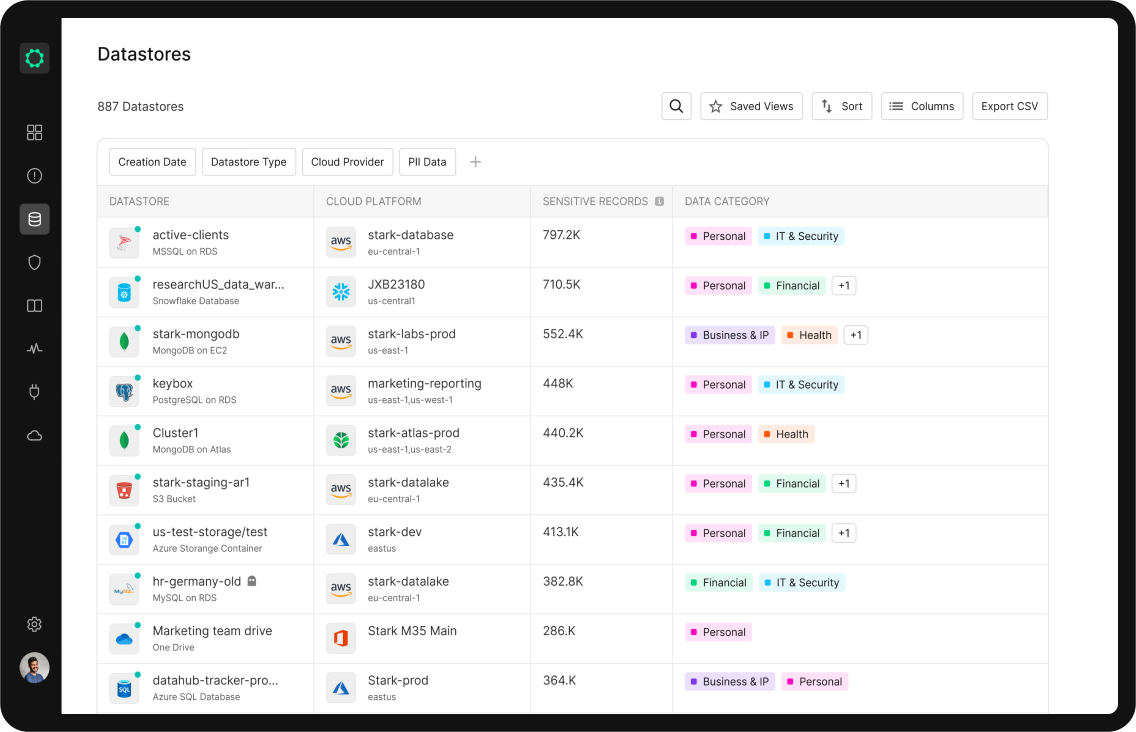
Cyera Pros:
- Cyera offers highly accurate data discovery, matching, and identification
- The data visibility tool provides comprehensive coverage
Cyera Cons:
- The UI doesn’t allow much customization
- Reports and dashboards are limited
DataGrail
DataGrail is a data privacy management platform for hybrid and multi-cloud deployments. It provides real-time PII data discovery and mapping, automatic DSR (data subject request) management, and data privacy risk management. DataGrail offers excellent implementation support, and its platform easily integrates with third-party tools, but it lacks some customization and bulk-configuration features.
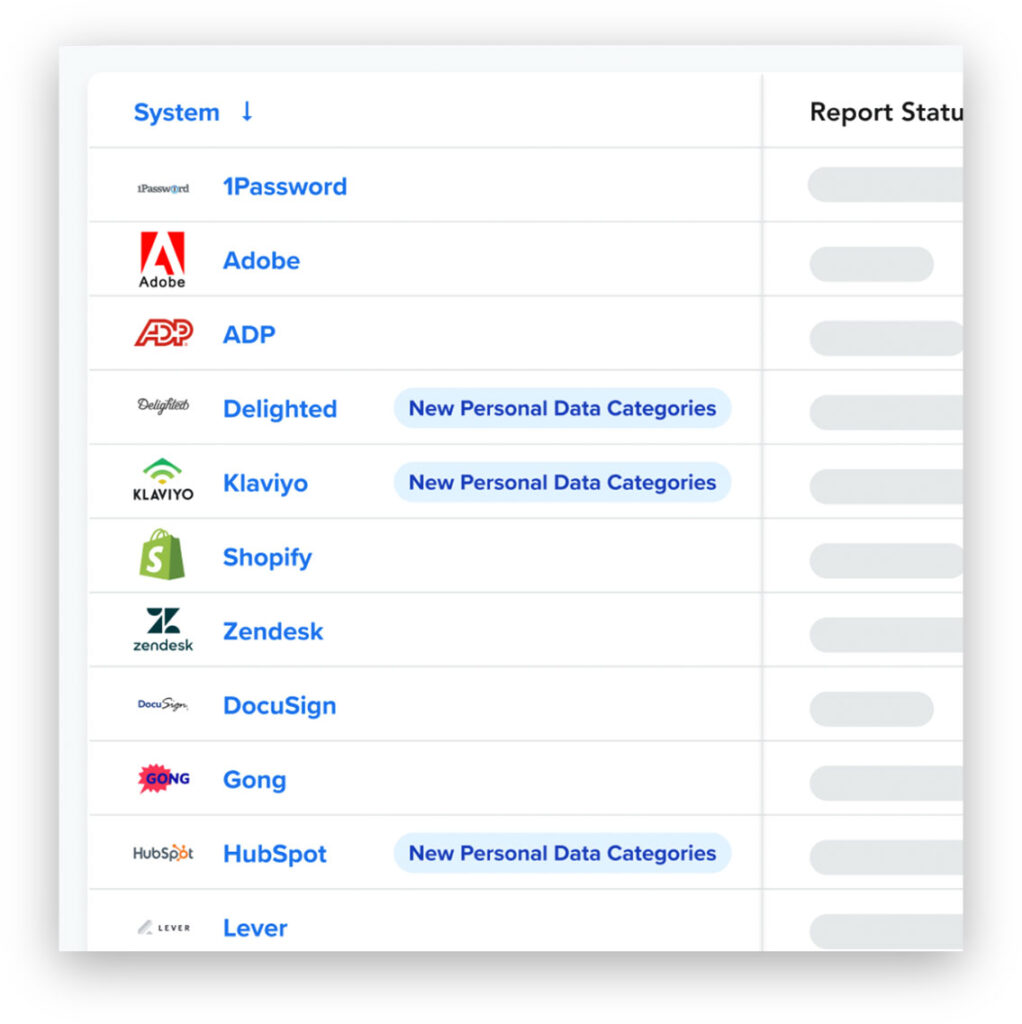
DataGrail Pros:
- DataGrail provides excellent customer service and support
- The platform easily integrates with third-party tools
DataGrail Cons:
- Lacks bulk configuration features for system reports
- Offers limited customization for customer-facing items
MineOS
MineOS is an AI-powered data governance platform. It offers deep PII data discovery and mapping capabilities to provide a single source of data truth. Additional features include DSR automation, consent management, AI asset discovery, and AI policy governance. MineOS has a user-friendly and customizable UI that simplifies data privacy workflows, but it has limited support for automated integrations, and it could use more technical documentation.
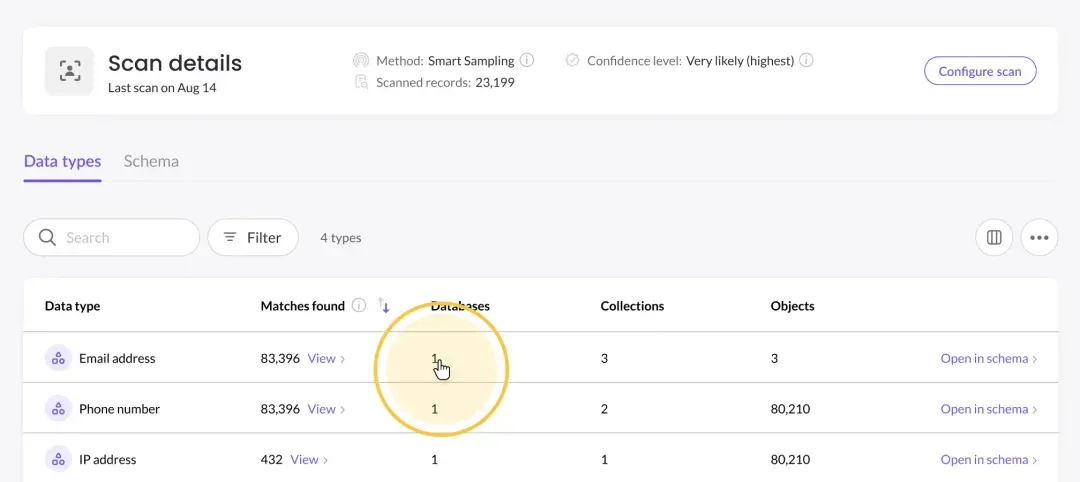
MineOS Pros:
- The MineOS UI is user-friendly and customizable
- MineOS simplifies data privacy workflows
MineOS Cons:
- Has limited support for automated integrations
- Technical documentation could be improved
Nightfall AI
Nightfall AI is a data leak prevention platform for SaaS, genAI, email, and endpoints. It provides PII data discovery capabilities as well as sensitive data encryption and exfiltration protection. Nightfall AI offers excellent customer service and a streamlined, easy-to-use platform, but notifications can be noisy, and the performance of some advanced detection services could be improved.
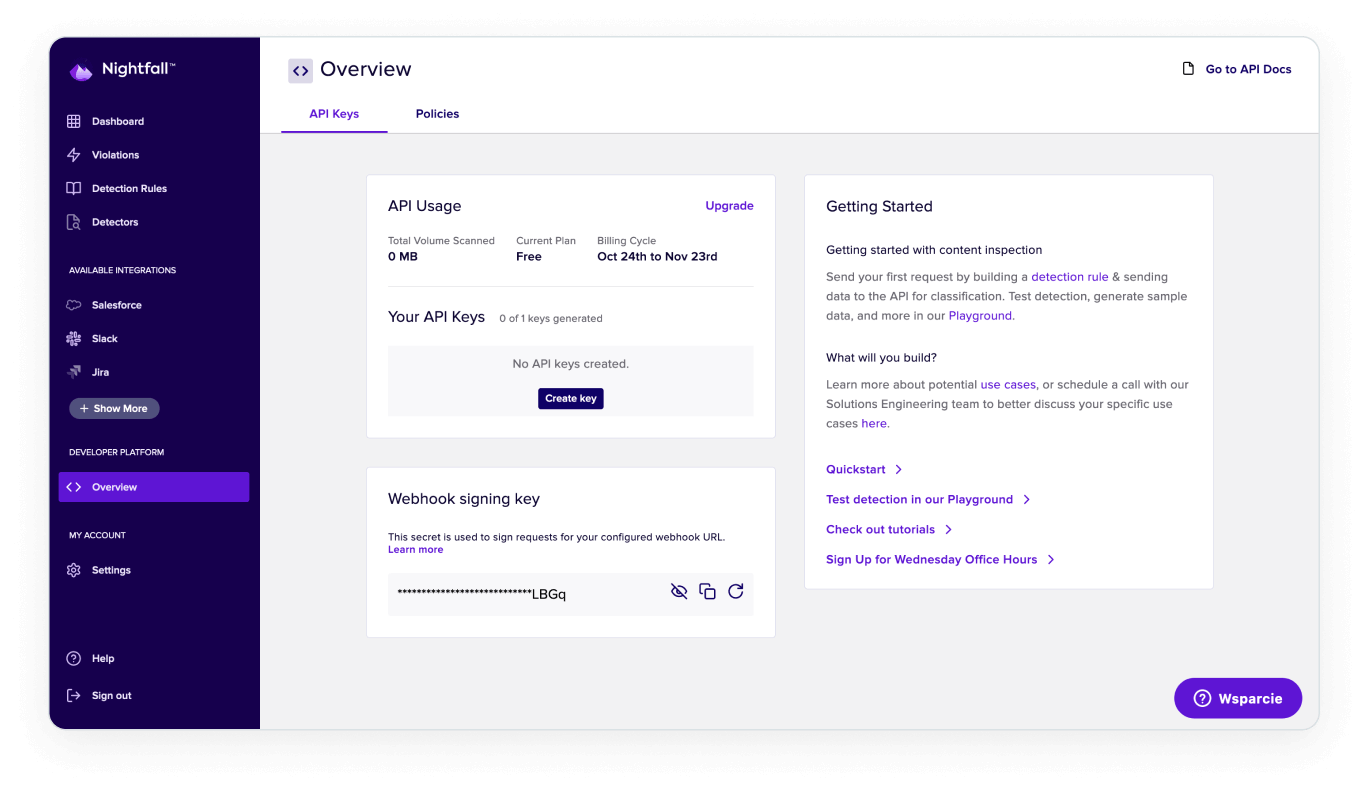
Nightfall AI Pros:
- The Nightfall AI platform is streamlined and easy to use
- Nightfall AI offers excellent sales and technical support
Nightfall AI Cons:
- Notifications can be noisy
- The performance of some detection services could be improved
Normalyze
Normalyze is a data scanning solution for cloud-based AI and ML applications. It offers PII data discovery and analysis capabilities, as well as vulnerability and risk prevention, detection, triaging, and remediation. Normalyze provides powerful, real-time data privacy visualizations and comprehensive risk management features, but the initial implementation can be difficult, and the pricing makes it inaccessible to many companies.
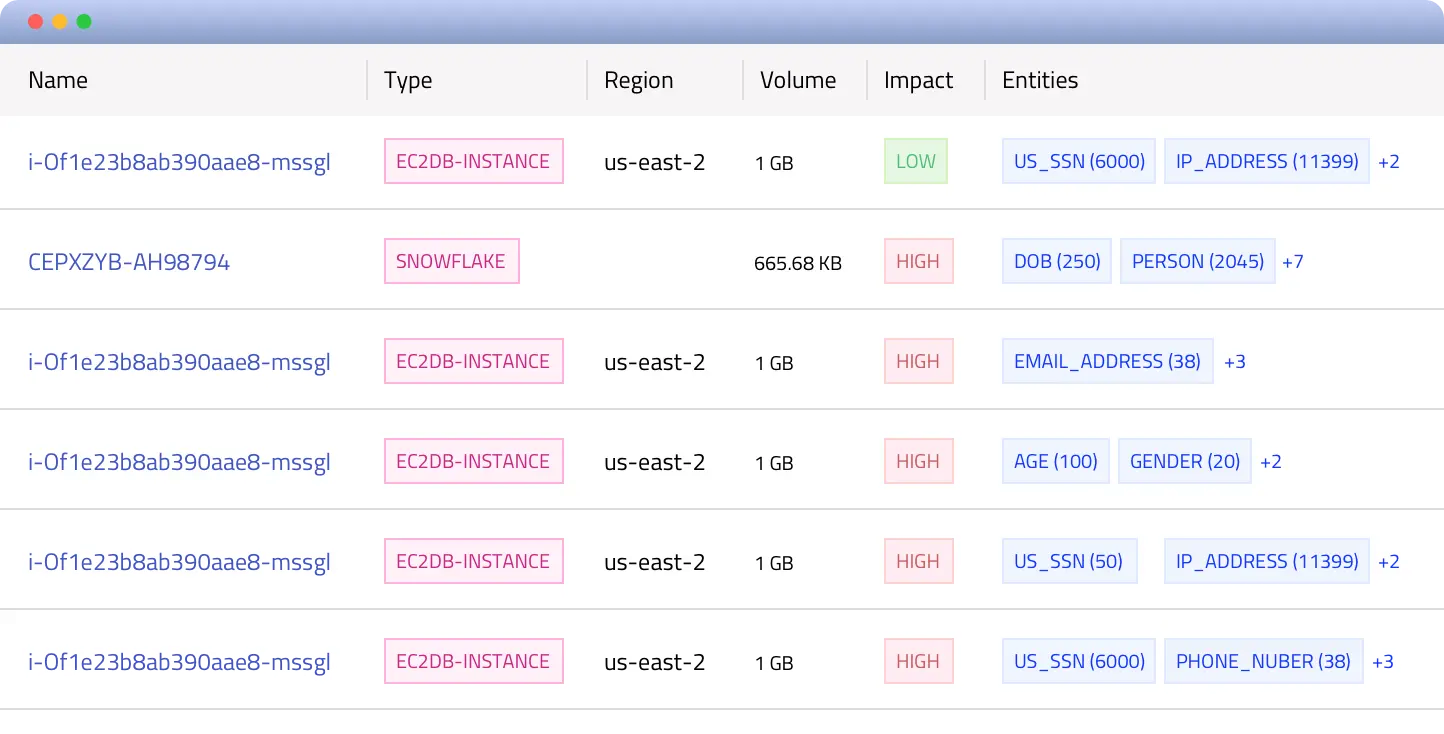
Normalyze Pros:
- Normalyze provides real-time visualizations of cloud resources, identities, permissions, and data stores
- The platform also provides comprehensive risk management features
Normalyze Cons:
- The initial implementation can be difficult
- Product may be too pricey for some businesses
Private AI
Private AI is a PII data discovery and masking tool for on-premises environments. It uses a proprietary de-identification technology called PrivateGPT to detect PII in LLM training files and inputs with very high accuracy. The Private AI interface is easy to use, and notifications are accurate, but it uses compute-intensive sampling techniques that drive up infrastructure costs and create security concerns.
Private AI Pros:
- Private AI’s PII data discovery is highly accurate
- The user interface is easy to use
Private AI Cons:
- High compute requirements drive up infrastructure costs
- Data sampling techniques create security concerns
Securiti AI
Securiti AI is an AI security platform for hybrid and multi-cloud environments. It uses unique intelligence capabilities to discover PII and other sensitive data, track changes, and prevent unauthorized access. Additional features include AI security and governance, data privacy automation, data consent automation, asset discovery, data security posture management, and workflow automation. The Security AI platform offers mature capabilities and is easily extensible with third-party tools, but it can take a while for bugs to be resolved, and some tools can struggle with large, unstructured data stores.
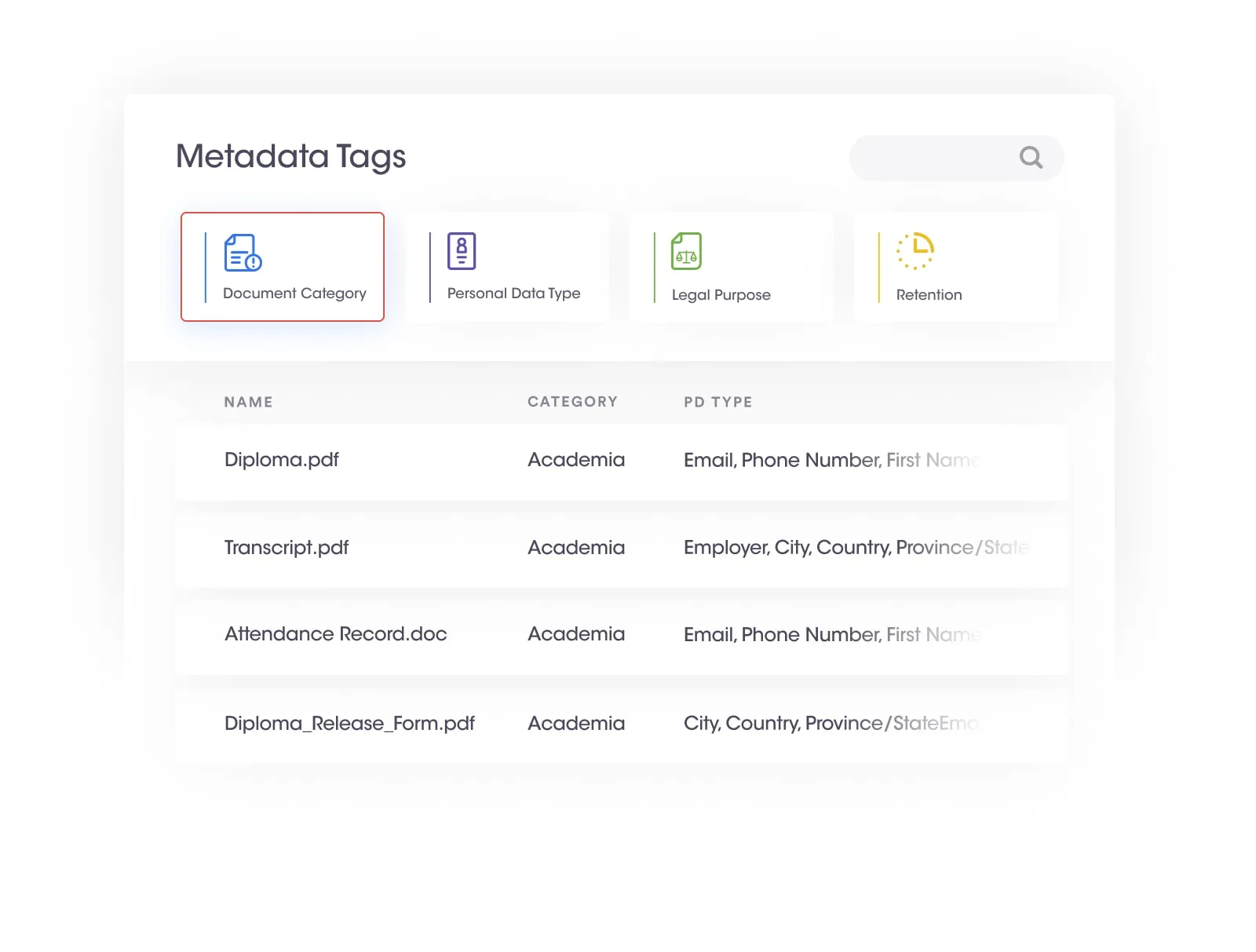
Securiti AI Pros:
- Securiti AI offers mature, intelligent data discovery and classification capabilities
- The platform is easily extensible with configurable connectors
Securiti AI Cons:
- The bug-fix cycle can be long
- Some features may struggle with large, unstructured data stores
Accurate, cost-efficient data privacy with Granica
Granica Screen delivers state-of-the-art accuracy across 100+ languages with highly compute-efficient scanning algorithms to safely and cost-effectively anonymize and unlock data for use with LLMs and other AI models. Screen offers a unified platform for inference via real-time prompt protection as well as training via cloud data lake protection, streamlining operations and ensuring maximum privacy, security, and compliance regardless of how data is used. Its novel scanning algorithms lower the cost of scanning data by 5-10X compared to other PII data discovery tools, allowing companies to use larger datasets to improve model quality. Plus, Granica’s software is deployed inside your cloud environment, ensuring sensitive information never leaves your security perimeter.
Request a free demo to learn how Granica Screen can improve your data privacy and AI model quality without driving up costs.
